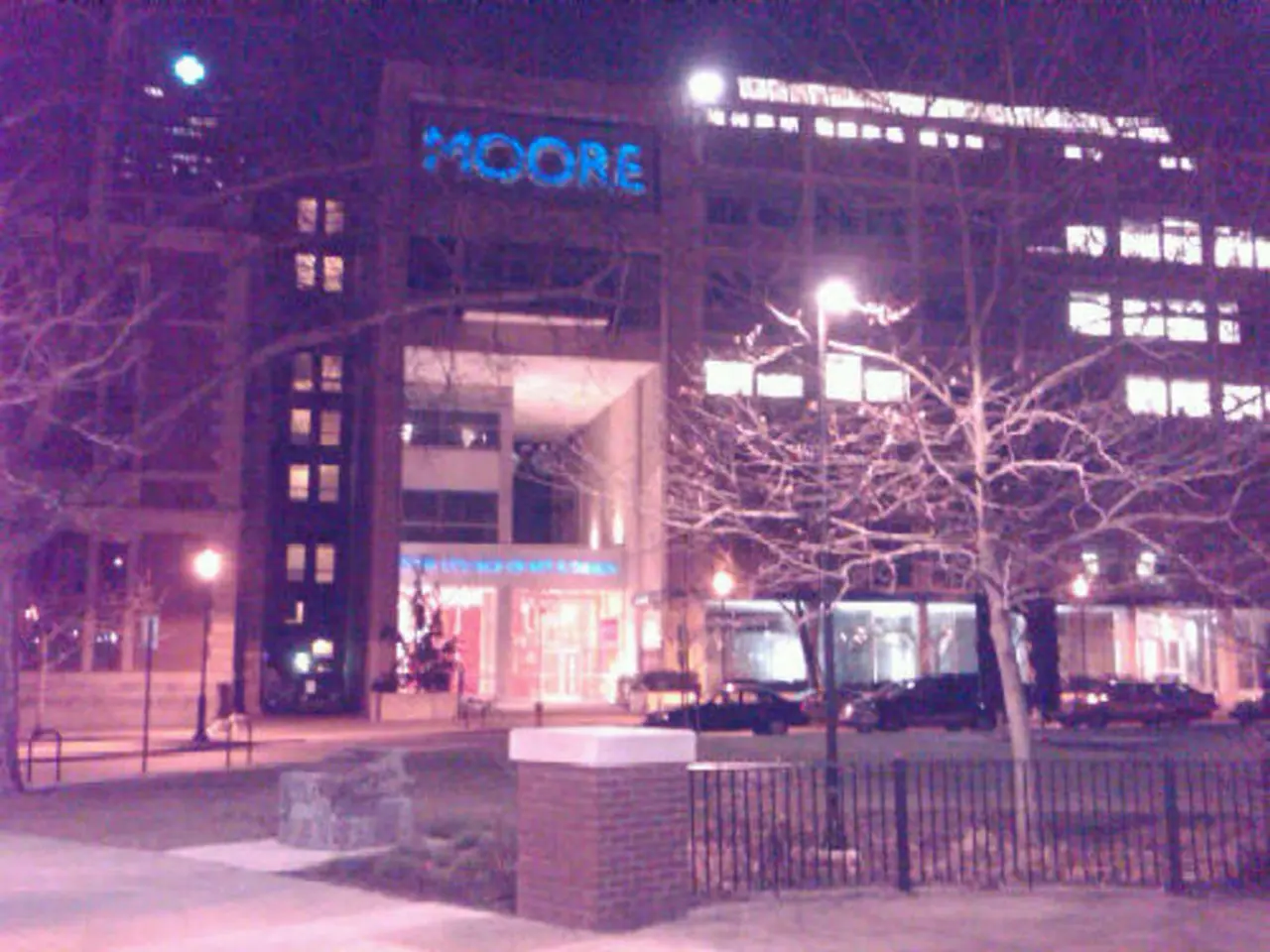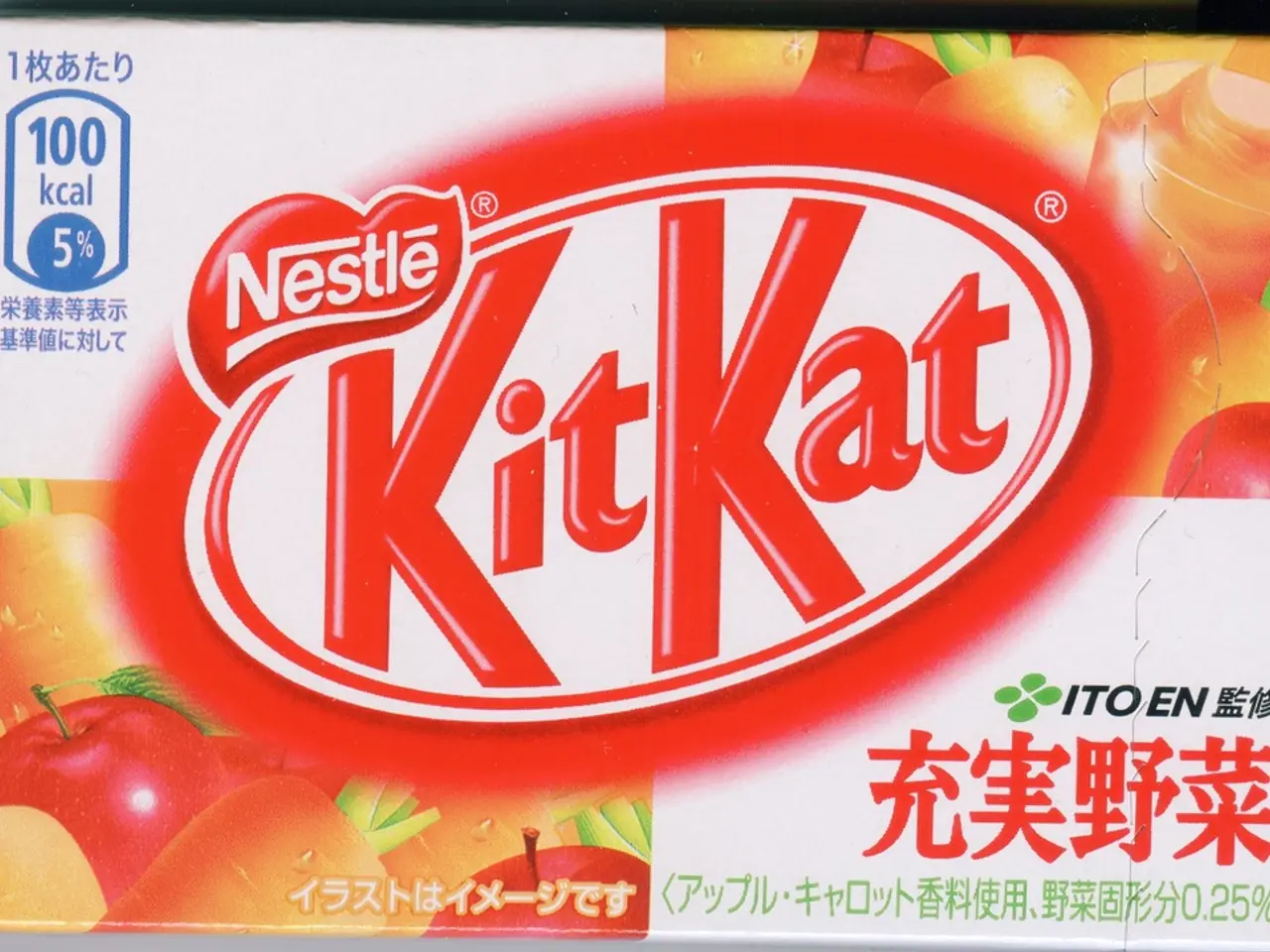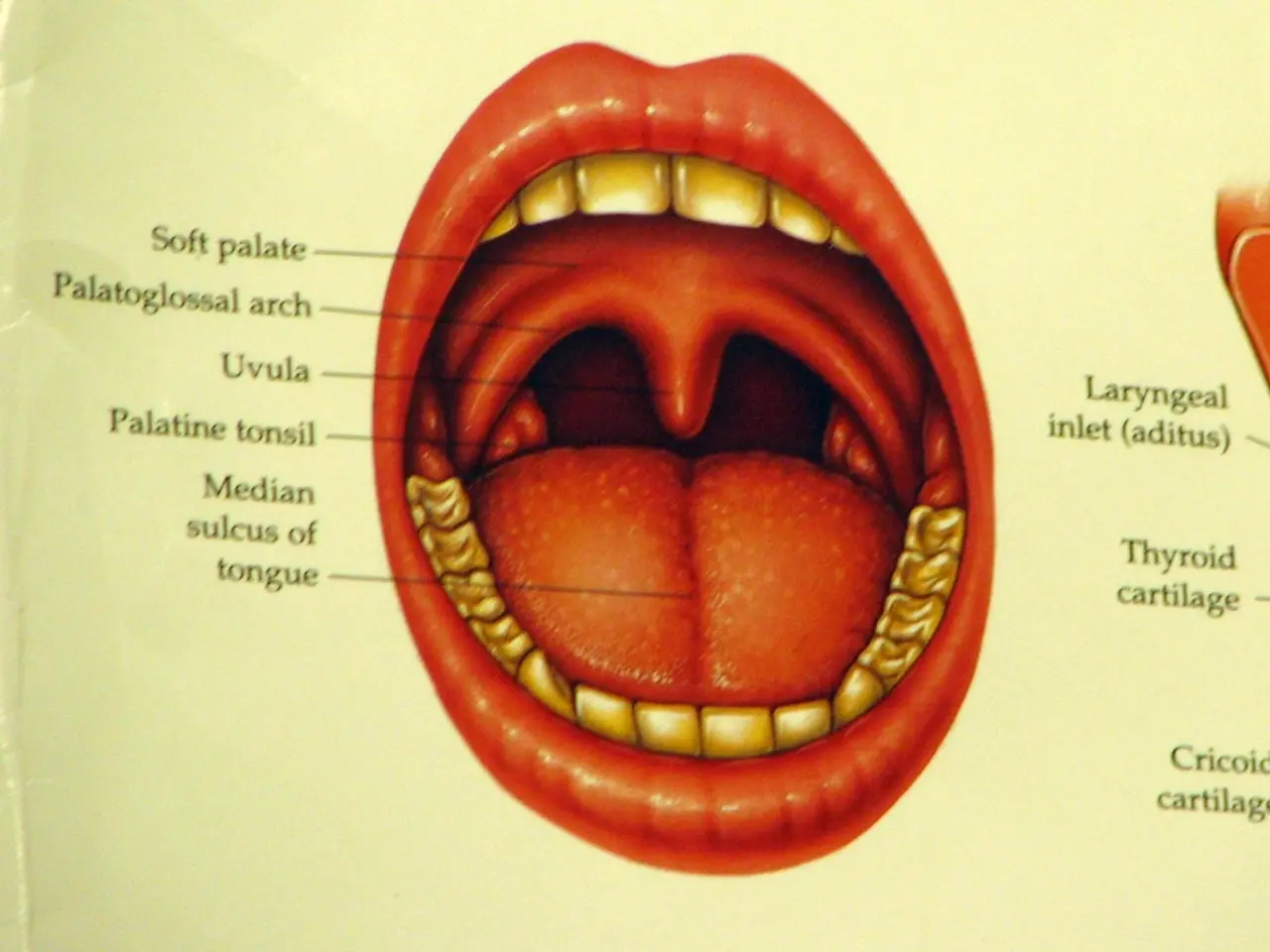Could caffeine be increasing your blood pressure levels?
Sippin' on your coffee or gulping down an energy drink, the caffeine kicks in hard, giving you a jolt like lightning. But have you ever pondered how this liquid pick-me-up affects your blood pressure? Since nearly half of all US adults deal with high blood pressure, it's a legitimate question.
So, who better to ask than cardiologist Luke Laffin, MD?
How caffeine plays with blood pressure
Caffeine, the most popular natural energizer on the planet, has been the go-to for anyone searching for a boost, thanks to that legendary ninth-century goat herder who discovered coffee beans after his energetic animals wouldn't nod off.
But caffeine does more than just zapping you with a burst of energy.
This psychoactive substance also contracts, or constricts, your blood vessels, claims Dr. Laffin. This tightening requires your heart to work harder, which raises the pressure needed to pump blood throughout your body - pretty much like pumping a tire that's already inflated.
The increase in blood pressure usually takes place within 30 minutes of downing a caffeinated beverage, and it peaks around the hour mark. "Then, it lingers for a bit before your blood pressure returns to normal," says Dr. Laffin.
Typically, a healthy blood pressure reading is 120/80. (That's the units of pressure known as millimeters of mercury, or mmHg.)
A morning cup of Joe can potentially jack up your blood pressure by up to 10 mmHg, which might just push you into stage 1 hypertension territory. The more cups you guzzle, the higher those numbers go.
"Caffeine can bump your blood pressure from 'controlled' to 'uncontrolled' pretty easily," he adds.
Should you dial back the caffeine intake?
Like many things in life, moderation is key when it comes to caffeine.
Studies indicate that most healthy adults can consume up to 400 milligrams of caffeine daily without suffering adverse health consequences. (An 8-ounce cup of coffee typically has 80 to 100 milligrams.)
In general, concern over an elevated blood pressure isn't a reason to renounce coffee if your BP is within healthy limits.
"A moderate amount of coffee is likely safe for you," confirms Dr. Laffin. "However, if you're knocking back pot after pot or chugging energy drink after energy drink, it's a different story. That excessive consumption could become a problem."
If you've received a hypertension diagnosis, limiting your caffeine intake to below 400 milligrams is recommended. Touch base with your healthcare provider about your individual daily caffeine cap.
Can your blood pressure build a caffeine tolerance?
Caffeine impacts everyone uniquely. Some may feel jittery after a single cup of joe, while others might be able to rotate fresh cups all day without any noticeable stimulation.
But not feeling the effects of caffeine doesn't mean it's not affecting your body. Caffeine intake does indeed elevate your blood pressure and heart rate – and over time, that strain on your cardiovascular system could take a toll.
"It's wise to impose some limits," advises Dr. Laffin.
If your life revolves around ridiculous doses of caffeine, it's probably best to take a hard look in the mirror.
"Have a think about why you might need so much caffeine," he suggests. "Are you not getting enough shut-eye? Do you have a medical issue causing fatigue? Is it stress? Those are questions worth pondering."
Understanding why can only help in managing your blood pressure better.
- Caffeine, a popular natural energizer, is known to contract blood vessels, causing an increase in blood pressure.
- The increase in blood pressure occurs within 30 minutes of consuming a caffeinated beverage and peaks around the hour mark.
- Consuming excessive amounts of caffeine could potentially push individuals with normal blood pressure into stage 1 hypertension territory.
- Moderation is key when it comes to caffeine intake, and healthy adults can consume up to 400 milligrams daily without significant health consequences, but those with hypertension should limit their caffeine intake with guidance from their healthcare provider.







